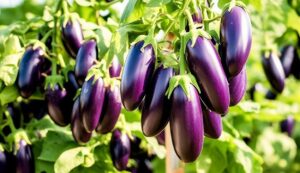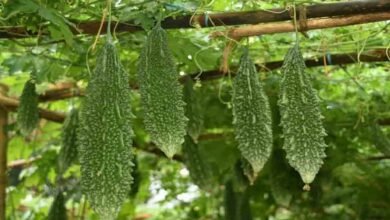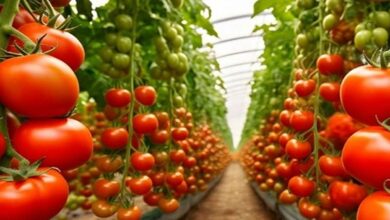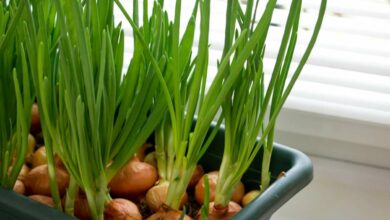Eggplant crop: Follow these tips of experts to protect the eggplant crop from frost
Eggplant crop: The damage caused by cold is becoming worse. The risk of frost on the crops sown in the fields is likewise unaffected under such circumstances. Many vegetable crops are spoiling or developing different illnesses as a result of the declining temperatures. There is a risk that the brinjal harvest may deteriorate if farmers have planted it in their fields and the beans are decreasing as a result of frost and dropping temperatures. We’ll share some strategies with you today that will help you safeguard your brinjal crop while saving money and effort.

An specialist in agriculture made this recommendation.
Speaking to the media, Dr. Akhilesh, an agricultural scientist at the Krishi Vigyan Kendra in Kotwa, Azamgarh, said that the fields’ brinjal crop was rotting daily as a result of the temperature dropping. In such a scenario, farmers may prevent crop spoilage by lessening the impact of temperature on crops if they want to shield them from frost and dew. According to him, the brinjal crop begins to decrease in the winter as a result of the dropping temperatures. Sometimes this shrinkage is remedied with time and sunshine, while other times it leads to crop spoilage.
Maintaining temperature control is crucial.
Farmers should water their crops sparingly in the winter to stop the brinjal pods from shrinking. The issue of pod shrinking may be resolved in this manner. In addition, he said that creating smoke around the field is another way to regulate the temperature. This will lessen the crop’s vulnerability to cold and prevent it from spoiling.
Irrigation may be hazardous.
The only way to protect crops from the threat of frost due to extreme cold is to regulate the temperature. Aside from this, farmers should temporarily cease irrigating their brinjal crop since the crop has enough moisture owing to the dew that falls in the morning. This may address the issue of crop shrinking.





